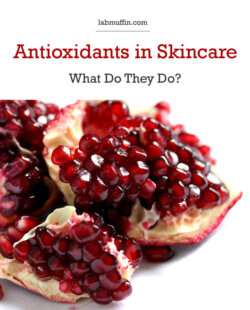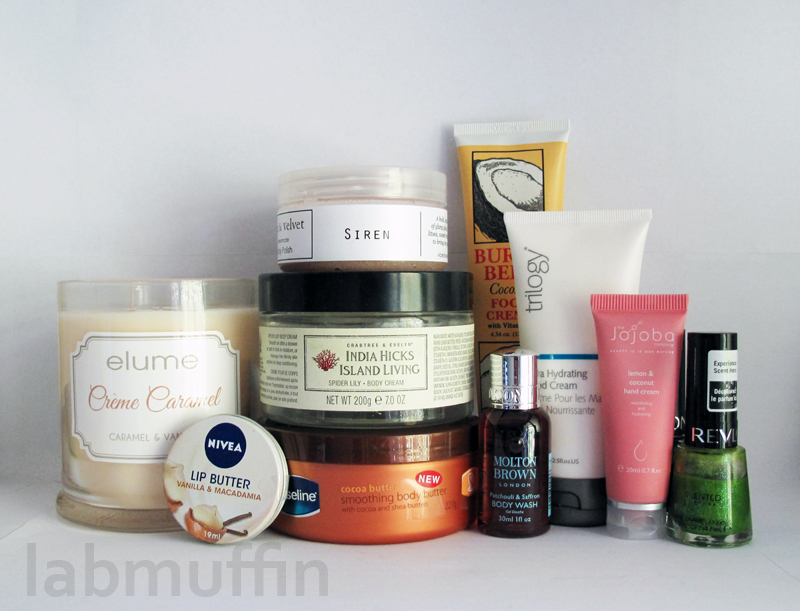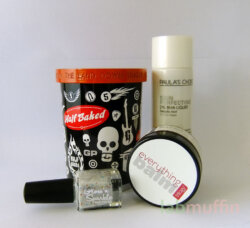Antioxidants in Skincare: What Do They Do?
You can find antioxidants in all sorts of products – from food and supplements, to creams and lipstick, and even shampoo. Skincare expert Paula Begoun almost immediately downgrades a product on Beautypedia if it doesn’t contain antioxidants. What are antioxidants doing in your skincare products, how do they work, and what should you look for? Free Radicals and Skin Damage …


